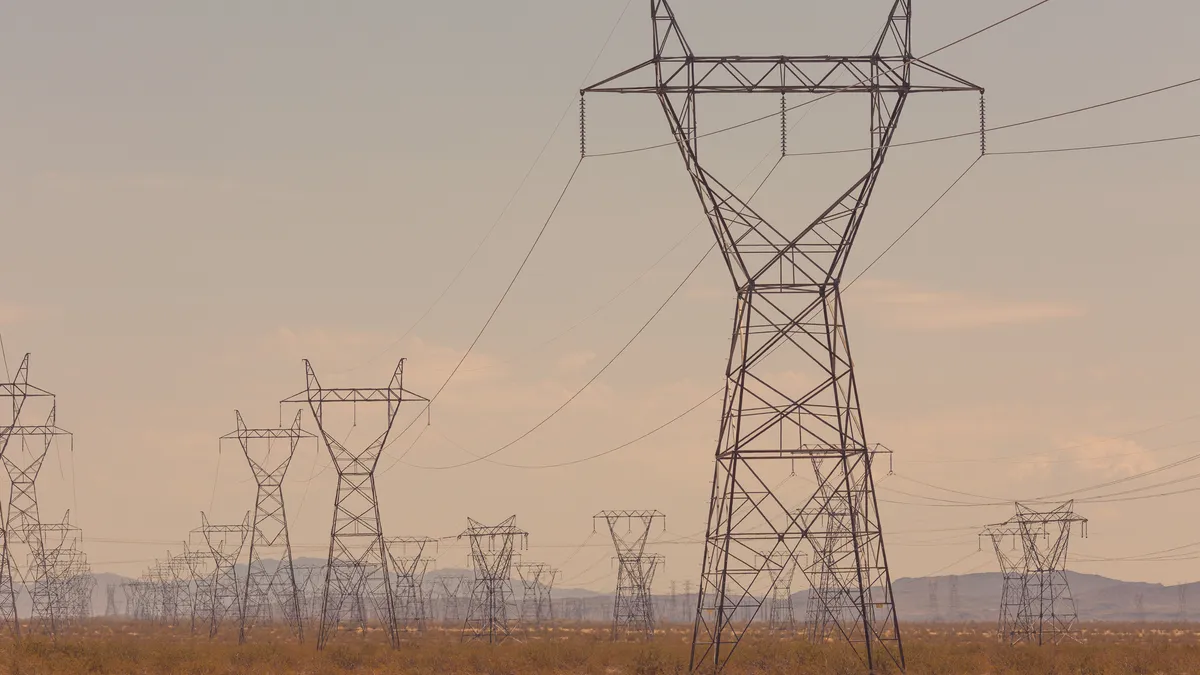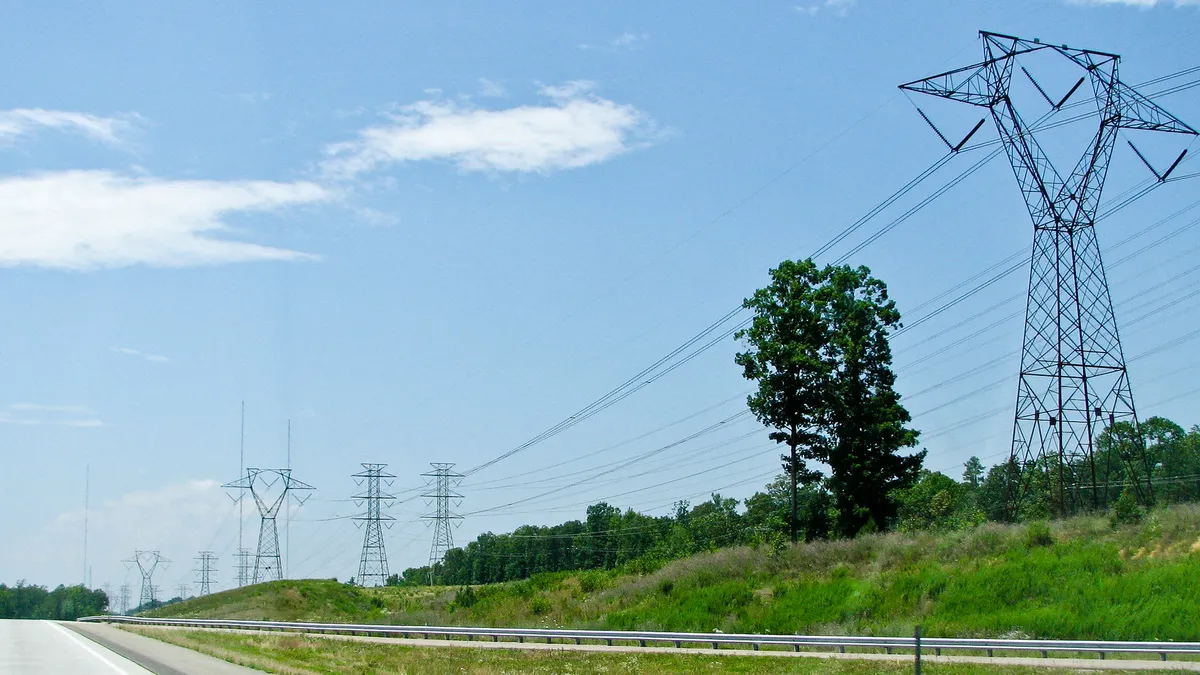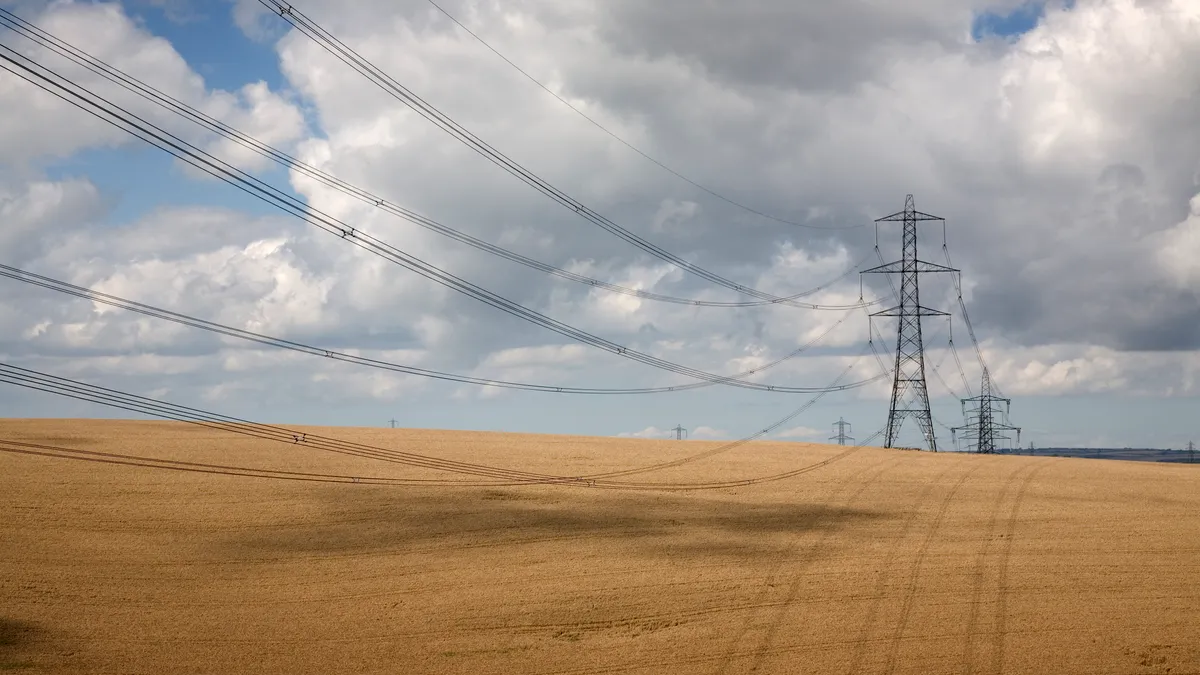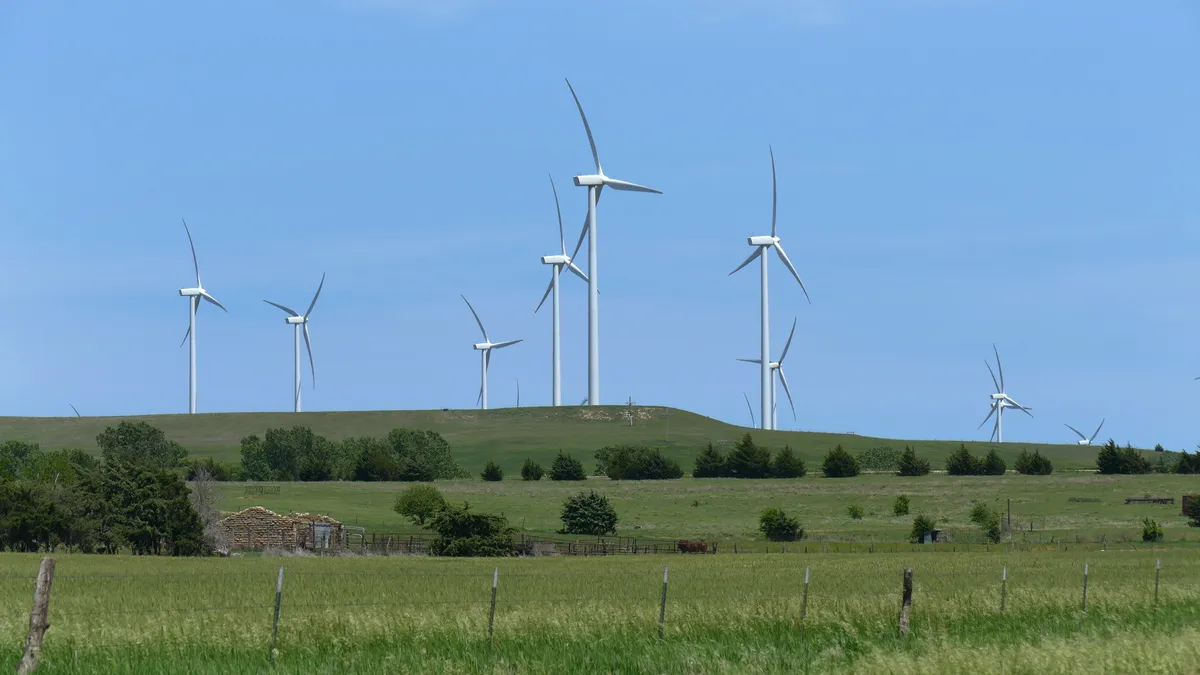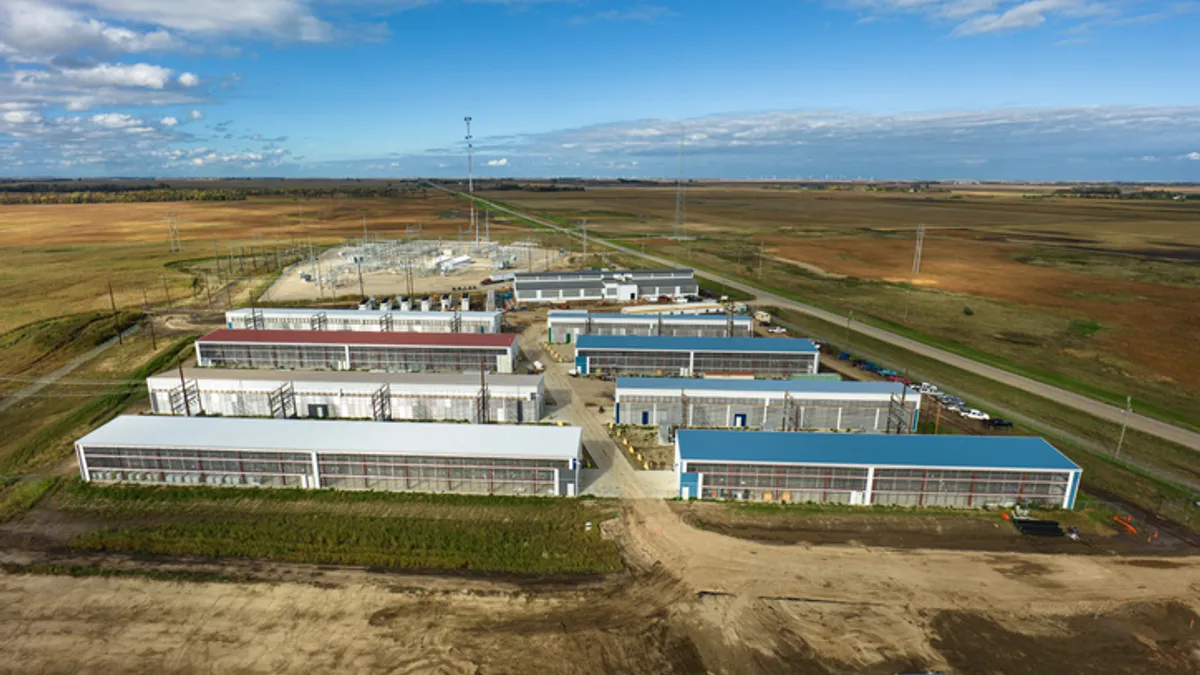A federal appeals court on Tuesday vacated Federal Energy Regulatory Commission decisions requiring refunds from Tucson Electric Power, Public Service Co. of New Mexico and other wholesale power sellers for allegedly unjustifiably high-priced power sales during a Western heat wave in 2020.
The U.S. Court of Appeals for the District of Columbia Circuit ruled that FERC violated the Mobile-Sierra doctrine when it ordered the power sellers to make the refunds to the purchasers.
FERC has set a $1,000/MWh “soft” offer cap for spot market wholesale power sales in the Western Electricity Coordinating Council region. Companies that make sales over the offer cap must justify them to FERC, according to agency guidance. In a series of decisions in 2022, FERC ordered PNM and the other companies to issue refunds for sales the agency deemed inadequately justified.
Some of the companies that appealed FERC’s refund orders include El Paso Electric, PacifiCorp, Tri-State Generation and Transmission, Shell Energy North America, Tenaska Power Services, Macquarie Energy, Brookfield Renewable Trading and Marketing, and TransAlta Energy Marketing (US).
Under the Mobile-Sierra doctrine, FERC must presume that freely negotiated contracts between independent parties are just and reasonable, unless the agency finds the rates seriously harm the public.
“There is no dispute in this case that the rates for which FERC ordered refunds were rates for which the sellers and their customers had mutually contracted in a competitive marketplace,” the court said. “Yet the commission did not perform any Mobile-Sierra public-interest analysis before altering those negotiated rates by ordering the refunds at issue here.”
The court rejected FERC’s argument that it could order refunds without conducting the Mobile-Sierra analysis because the order instituting the soft offer cap was part of the sellers’ filed rate. FERC also argued that its refund orders did not alter the sellers’ contracts because they themselves incorporated the soft offer cap order.
“The commission’s arguments fail for a simple reason: Even assuming that the soft-cap order was incorporated into sellers’ tariffs and contracts, the commission did not displace the Mobile-Sierra presumption in the soft-cap order itself, and so that presumption continues to apply to the sellers’ contracts,” the court said.
In its decision, the court didn’t address arguments by the California Public Utilities Commission and Southern California Edison that FERC failed to properly calculate the refunds, saying the issue was moot.
Former FERC Commissioner James Danly dissented from the decisions. “I would apply the Mobile-Sierra presumption to the contract sale at issue and not require TransAlta ... to pay refunds for the ‘premium’ amount above the price index that TransAlta and the willing buyers freely negotiated because no showing has been made that the public interest is seriously harmed by the contract rate,” he said in one decision.
Court rejects Duke upgrade cost challenge
In a separate decision Tuesday, the D.C. Circuit upheld FERC orders requiring Duke Energy Progress to reimburse two renewable energy developers for the cost of making network upgrades needed to bring their projects online.
Under FERC’s interconnection rules, generators pay for initial upgrade costs, but they are reimbursed by the transmission provider. The dispute centered on whether the reimbursement requirement applies to upgrades that an “affected system” operator — a neighboring transmission provider not directly connected to the generator interconnection — must make.
Duke argued it wasn’t required to reimburse Invenergy and BayWa subsidiaries for $20 million to $30 million in grid upgrades needed to bring a solar project online in neighboring PJM Interconnection territory in North Carolina.
The court, however, found that FERC reasonably interpreted its interconnection requirements in its decisions.
Among other things, the court dismissed Duke’s argument that its customers wouldn’t benefit from the upgrades, saying the utility failed to raise that issue at FERC.
Also, there is a rebuttable presumption — the principle that something is true unless shown otherwise — that a grid operator’s customers will benefit from upgrades to its system and Duke failed to show why that wouldn’t be the case, the court said.



